Driveway Curb Cutting Timing Tips
Driveway curb cuttings involve modifying the existing curb to create an opening for vehicle access. The timing of these modifications can significantly impact the quality and durability of the work. Proper planning ensures minimal disruption and optimal results.
Spring and early fall are ideal due to moderate temperatures and lower moisture levels, reducing the risk of cracking or shifting.
Extreme cold, heat, or heavy rain can compromise the integrity of curb cuttings and delay work.
Temperatures below freezing can cause concrete to become brittle, while excessive heat can lead to rapid curing and potential cracking.
Performing curb cuttings during milder weather conditions enhances longevity and reduces maintenance needs.
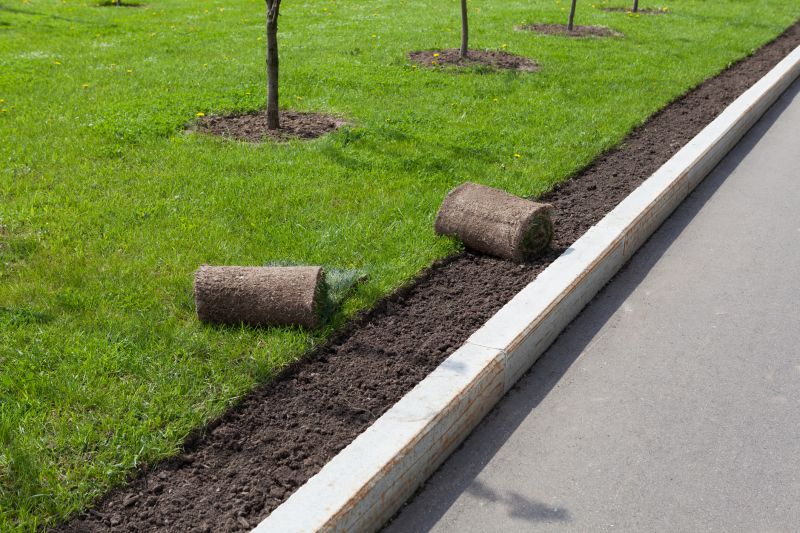
Images of curb modifications performed during spring with fresh concrete and moderate weather.
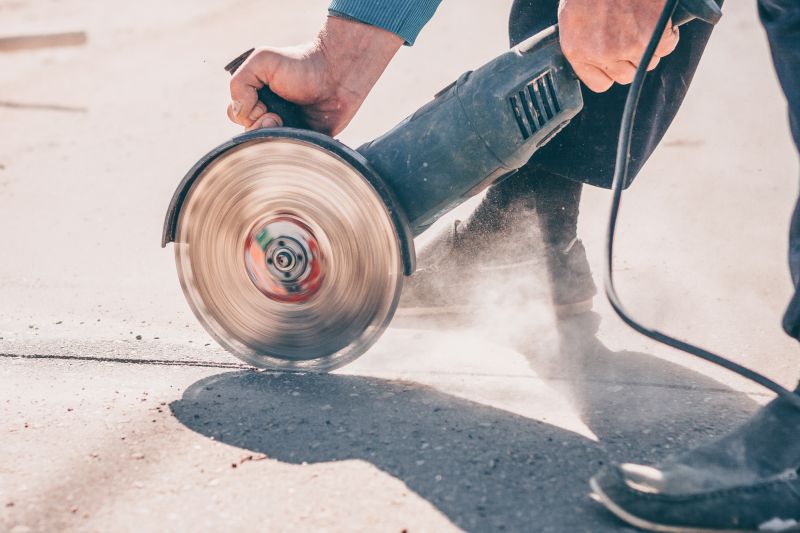
Photos showing curb cutting projects under warm conditions, highlighting proper techniques.
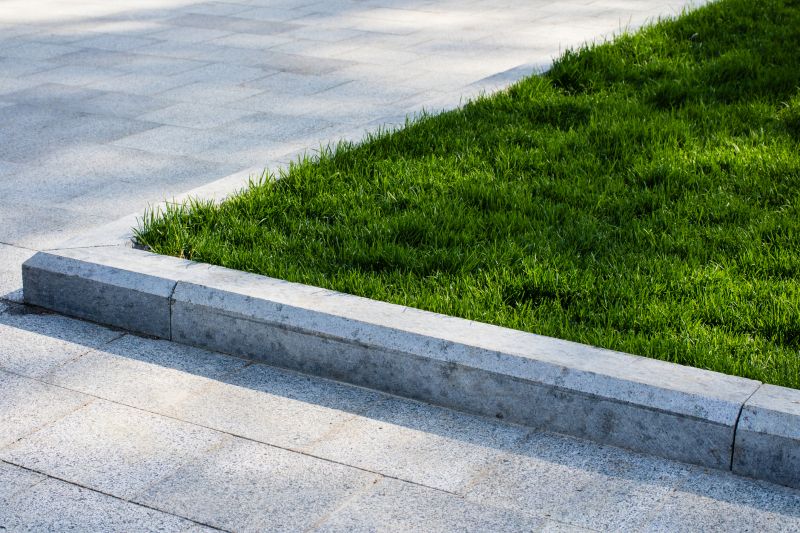
Images depicting preparations for curb modifications during the cooler months.

Ways to make Driveway Curb Cuttings work in tight or awkward layouts.

Popular materials for Driveway Curb Cuttings and why they hold up over time.

Simple add-ons that improve Driveway Curb Cuttings without blowing the budget.
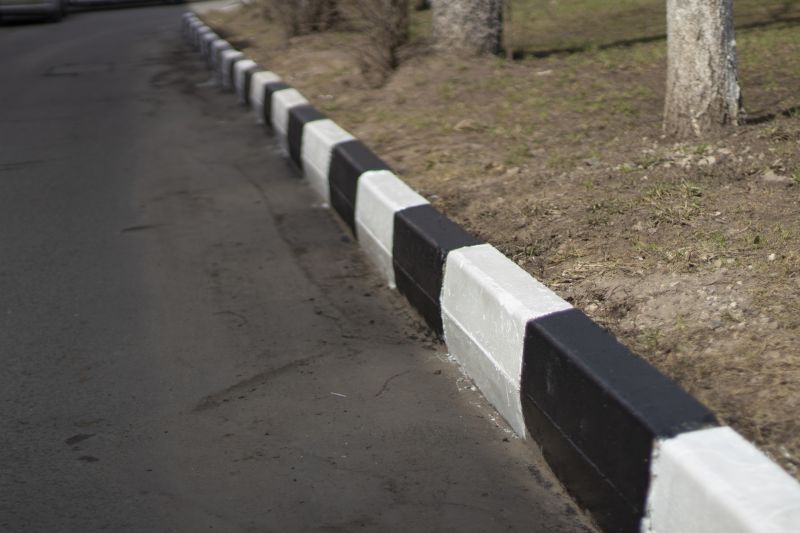
High-end options that actually feel worth it for Driveway Curb Cuttings.

Finishes and colors that play nicely with Driveway Curb Cuttings.
Driveway curb cuttings are essential for creating accessible and functional driveways. Proper timing ensures the work withstands environmental stresses and maintains structural integrity. The process involves precise cutting and removal of curb sections, often requiring specialized equipment and expertise.
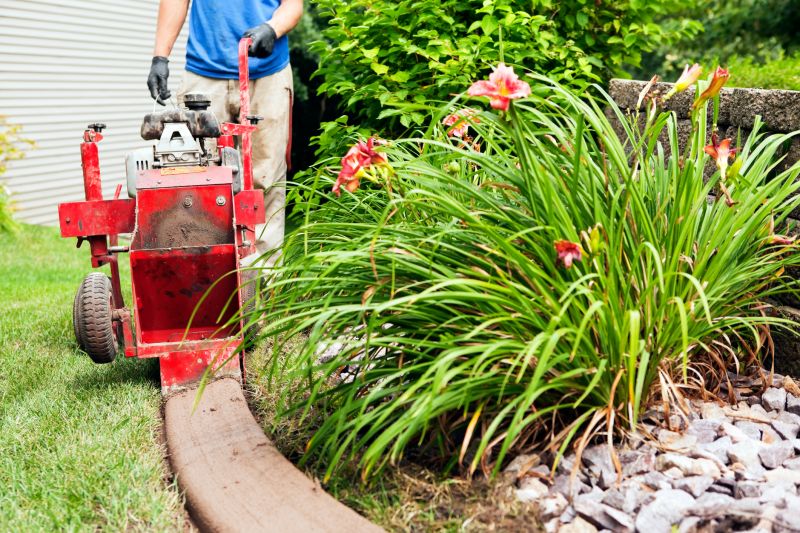
Images of machinery used for precise curb modifications.
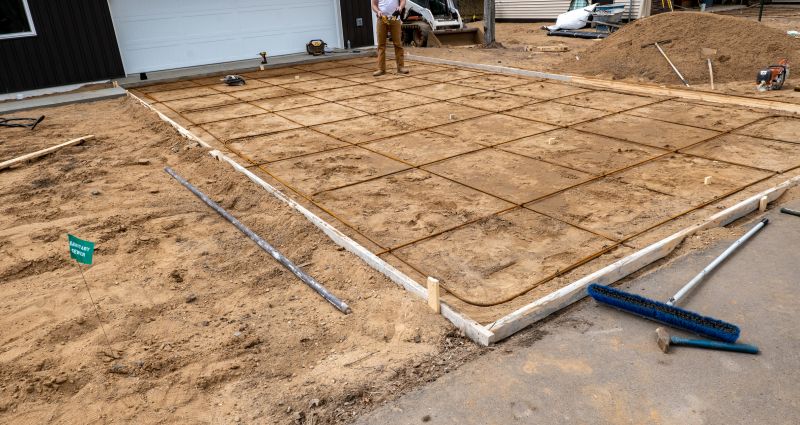
Photos showing site setup before curb cutting begins.
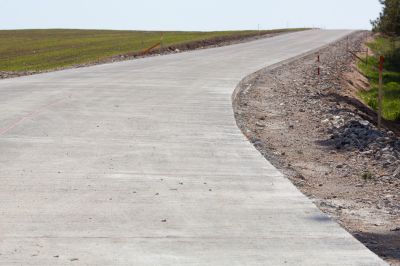
Images of completed curb cuttings with smooth transitions.
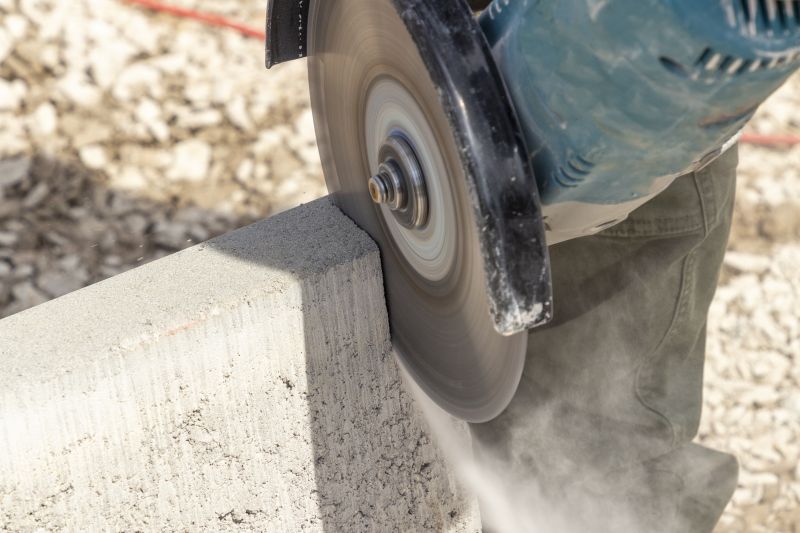
Photos demonstrating curb work across different seasons.
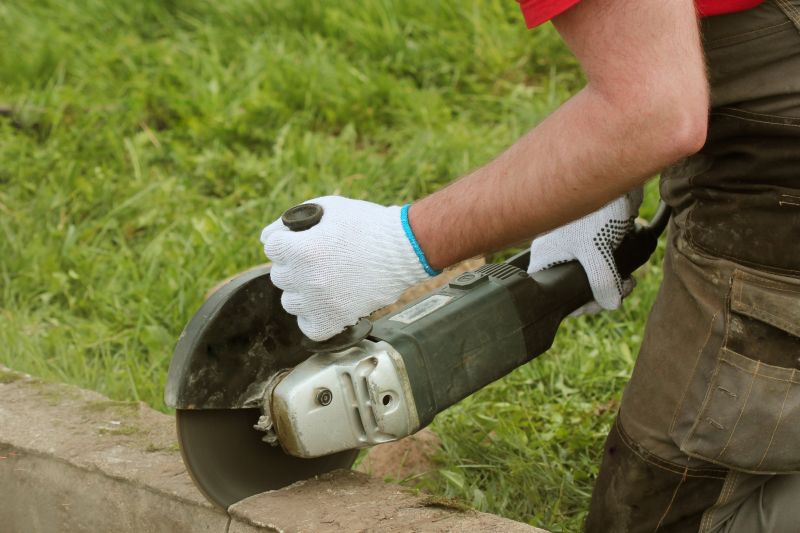
Little measurements that prevent headaches on Driveway Curb Cuttings day.
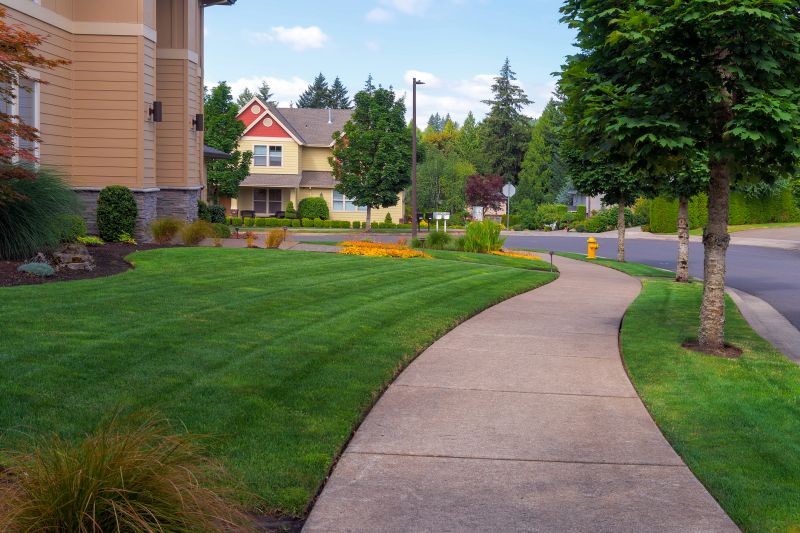
A 60-second routine that keeps Driveway Curb Cuttings looking new.
| Season | Advantages |
|---|---|
| Spring | Moderate temperatures support curing and reduce cracking. |
| Summer | Longer daylight hours allow for flexible scheduling. |
| Fall | Ideal for avoiding extreme weather and preparing for winter. |
| Winter | Generally not recommended due to cold temperatures and moisture. |
| Late Winter | Possible in milder climates with proper precautions. |
Choosing the appropriate time for driveway curb cuttings depends on local climate conditions and project requirements. Consulting with experienced professionals can help identify the optimal window for execution, ensuring durable and high-quality results.
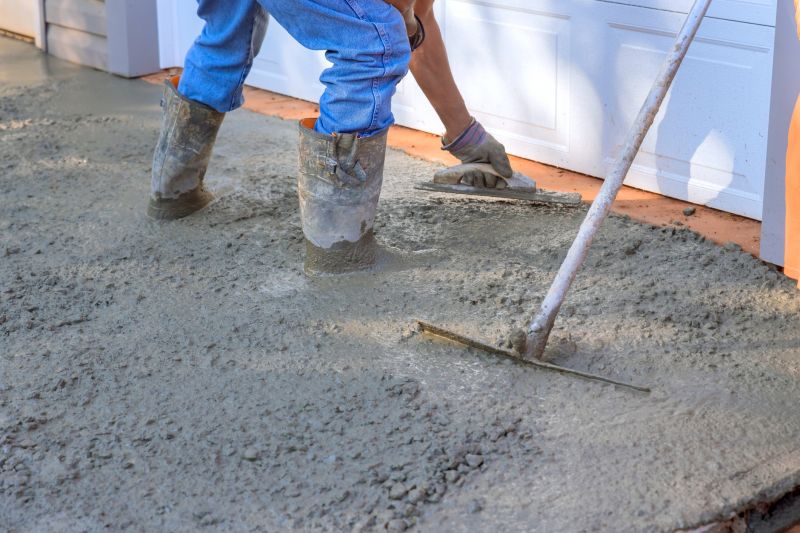
Curb cutting work during spring with fresh concrete and mild weather.
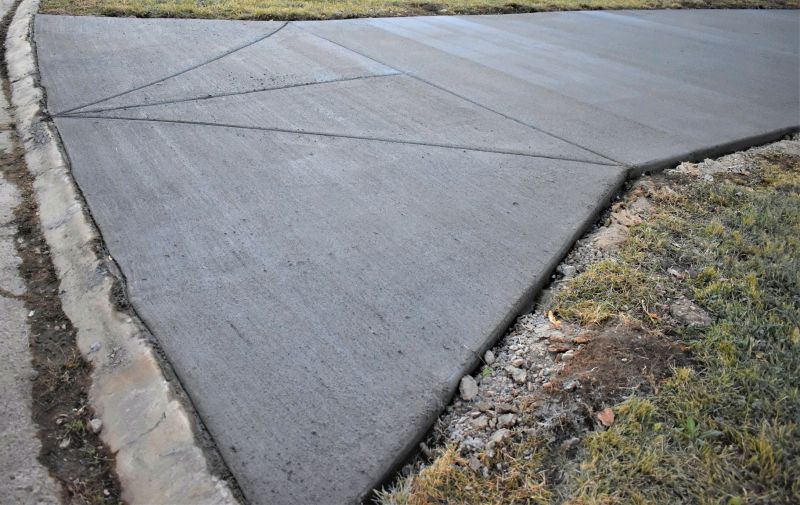
Driveway modifications completed under warm conditions.
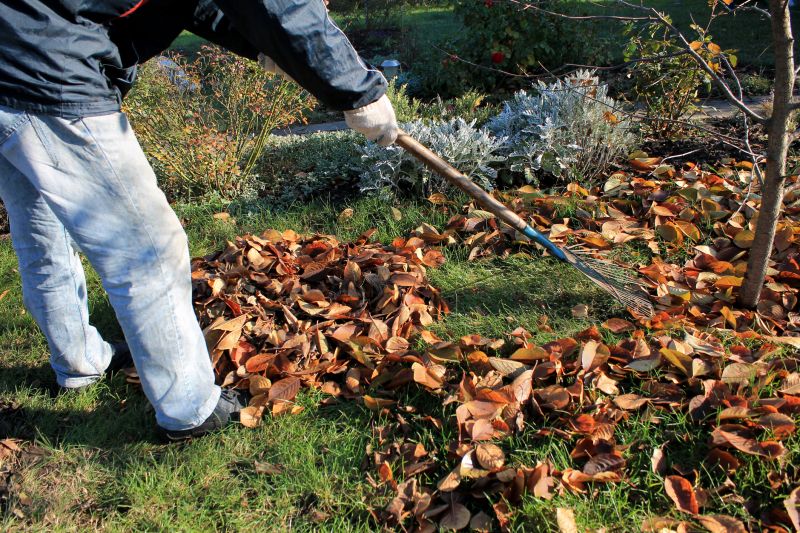
Curb cutting preparations during autumn.
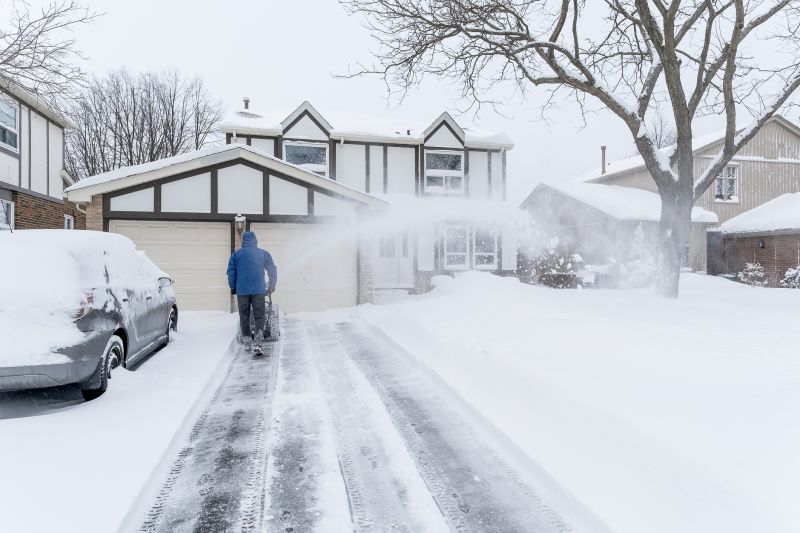
Limited curb cutting activity during cold months.
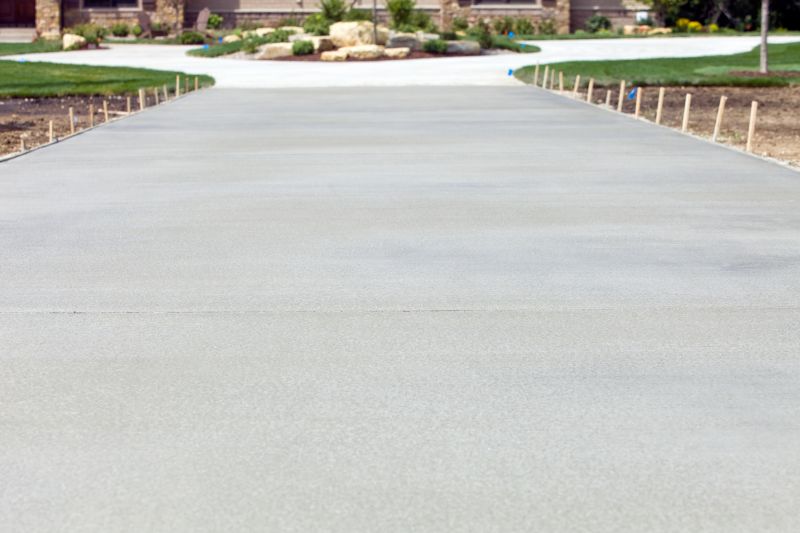
A frequent mistake in Driveway Curb Cuttings and how to dodge it.
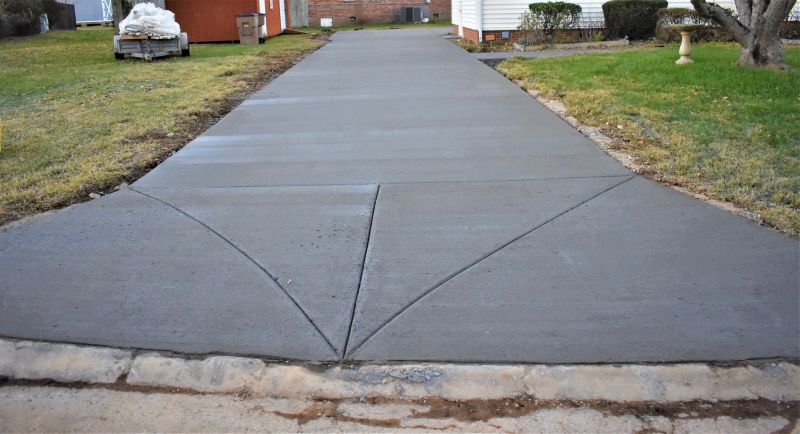
Small tweaks to make Driveway Curb Cuttings safer and easier to use.
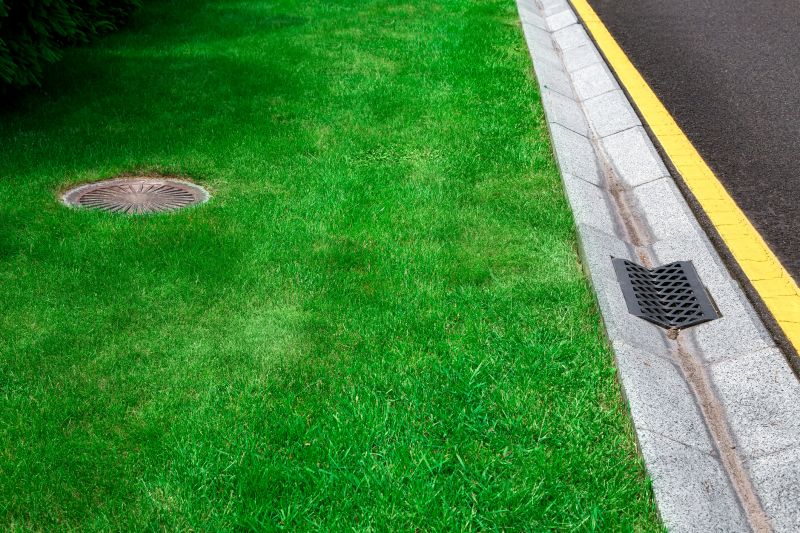
Lower-waste or water-saving choices for Driveway Curb Cuttings.

The short, realistic tool list for quality Driveway Curb Cuttings.
Interested in scheduling driveway curb cuttings? Filling out the contact form provides an opportunity to discuss timing options and project specifics with professionals experienced in curb modifications.
